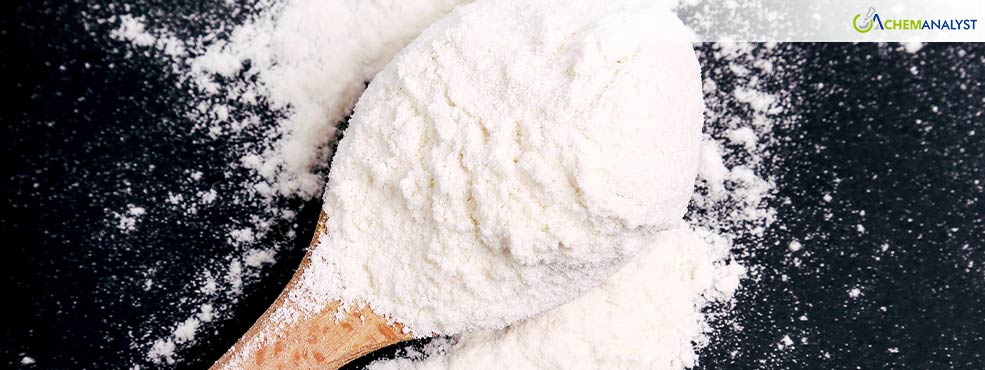Welcome To ChemAnalyst

In June 2025, the global Malic Acid market faced significant volatility due to supply chain disruptions, uneven demand, and rising freight costs. China led the downturn with weak domestic demand and oversupply, while the U.S. market rebounded on restocking and limited imports. Raw material price pressure and logistics challenges compounded pricing instability, prompting end-users across industries—particularly food, pharma, cosmetics, and biofuels—to adopt flexible procurement and inventory strategies amid growing uncertainty.
The global Malic Acid market entered June xxxx with heightened volatility, driven by shifting demand, supply disruptions, and rising logistics costs. China led the downturn with price drops due to weak domestic demand and aggressive discounting, while the U.S. market rebounded on restocking and limited imports. Raw material and freight cost pressures persist, complicating pricing strategies. End-users across sectors face procurement uncertainties, prompting a shift toward flexible inventory and risk management strategies to navigate the turbulent landscape.
World Malic acid markets kicked off June xxxx in record volatility, as supply dislocations and changing patterns of demand have ripple effects across multiple continents. This staple organic chemical, central to food and beverage manufacturing, drug formulation, and nascent biofuel uses, now commands more scrutiny by industry players confronting an ever-more complicated pricing environment.
Malic acid is a cornerstone commodity in numerous diverse...
We use cookies to deliver the best possible experience on our website. To learn more, visit our Privacy Policy. By continuing to use this site or by closing this box, you consent to our use of cookies. More info.
